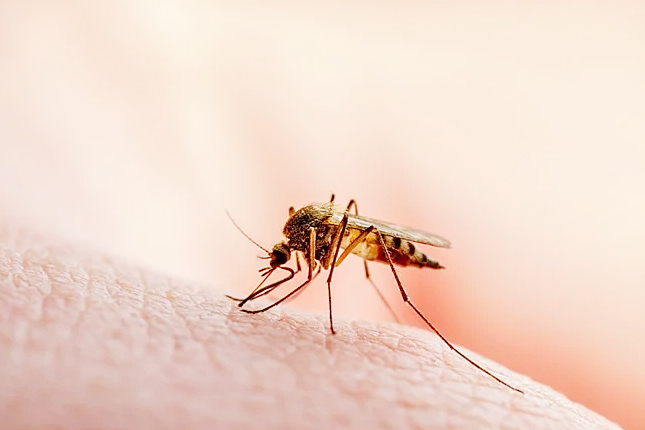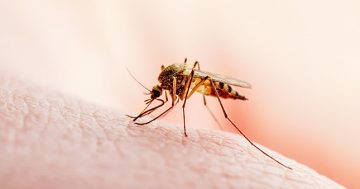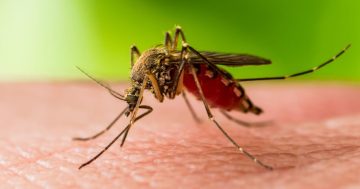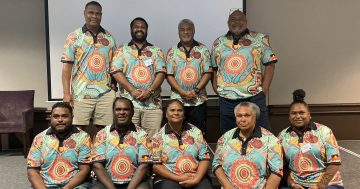
Torres and Cape Hospital and Health Service is urging Cape York residents to be vigilant after Murray Valley encephalitis was detected in the mosquito population in Weipa. Photo: Supplied.
Torres and Cape Hospital and Health Service (TCHHS) is urging Cape York residents to be vigilant after Murray Valley encephalitis (MVE) was detected in the mosquito population in Weipa.
TCHHS public health medical officer Dr Allison Hempenstall said it was the first detection of the MVE virus in mosquitos at Weipa in more than a decade.
“The virus is spread by the bite of a mosquito and not from person to person,’’ she said.
“There is no vaccine against MVE virus and the best protection, as with all mosquito-borne infections, is to avoid being bitten in the first place.
“Everyone should use personal protective measures to avoid mosquito bites, especially young children and babies, and those visiting or camping near swamps, lagoons, dams and temporary pools of water in grassy areas.”
Dr Hempenstall said although the MVE virus circulated throughout Australia, it was more common in the Top End of the Northern Territory and north-west Western Australia.
“The MVE virus is present during the wet and post-wet seasons from February to July, but with most cases being reported between March and May,” she said.
Infection with mosquito-borne diseases, such as the MVE virus, may cause illness ranging from mild to serious, and include flu-like symptoms such as muscle and joint pain, fever, rashes and headaches.










